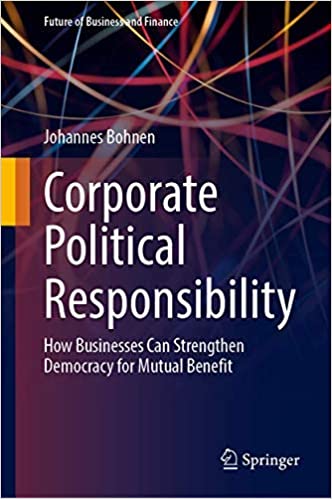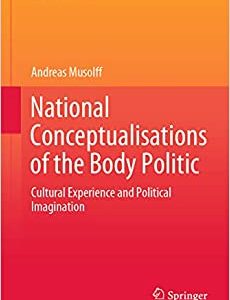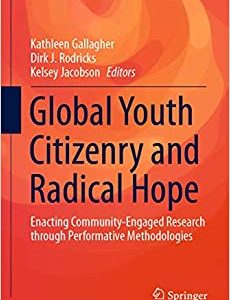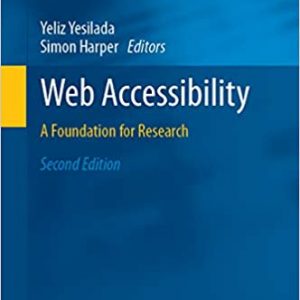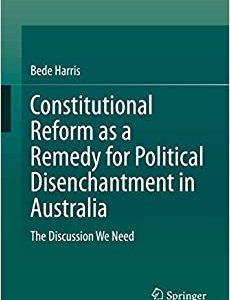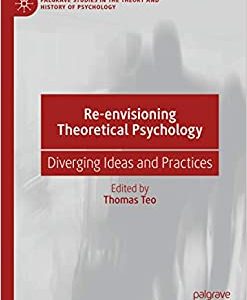This book demonstrates how companies can effectively promote their business by assuming political responsibility and expanding their investment concept to include a political component. It shows that the success of companies is crucially dependent on socio-political conditions. In other words: politically sustainable management is a business case. Therefore companies should take a closer look at the opportunities at the interface of politics and business.
To date, there has not been a satisfactory assessment of the issue of Corporate Political Responsibility (CPR), which combines a conceptual framework with practical measures for implementation. This book remedies that oversight, and shows how companies can develop the necessary attitude and operate in concrete CPR fields of action, illustrated by diagrams and examples. While doing so, the author explains how CPR is different from shere lobbying or Corporate Social Responsibility (CSR).
The author provides an overview of the public realm and its actors, and shows how, through political contributions, they can strengthen the performance of the state and thus their own performance. Companies have unique resources for doing so, and in their own interest they should get involved: being impartial in particular, but partial in principle – when it comes to our liberal way of life as such.
To date, there has not been a satisfactory assessment of the issue of Corporate Political Responsibility (CPR), which combines a conceptual framework with practical measures for implementation. This book remedies that oversight, and shows how companies can develop the necessary attitude and operate in concrete CPR fields of action, illustrated by diagrams and examples. While doing so, the author explains how CPR is different from shere lobbying or Corporate Social Responsibility (CSR).
The author provides an overview of the public realm and its actors, and shows how, through political contributions, they can strengthen the performance of the state and thus their own performance. Companies have unique resources for doing so, and in their own interest they should get involved: being impartial in particular, but partial in principle – when it comes to our liberal way of life as such.

